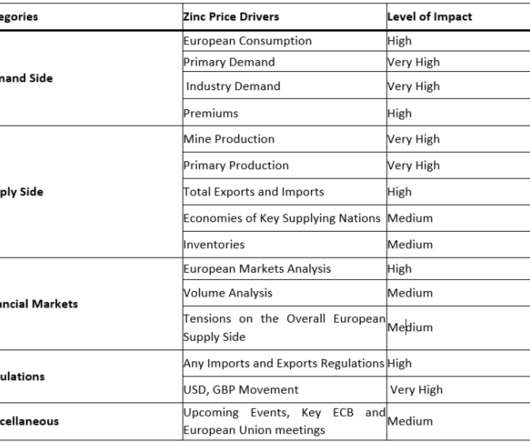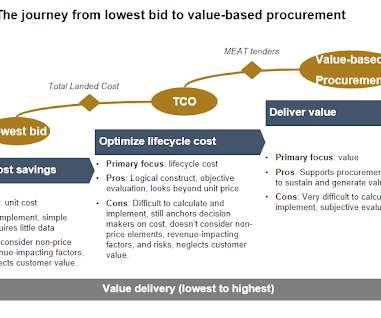A Gameplan for Procurement Transformation
NLPA (Next Level Purchasing Association)
SEPTEMBER 8, 2023
This results in better negotiation outcomes, improved quality, reduced costs, and enhanced overall value delivery. Initiatives that prioritize environmentally friendly practices, fair labor, and responsible sourcing improve brand reputation and mitigate potential legal and reputational risks.












Let's personalize your content